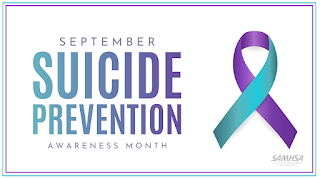Grateful Hearts, Healthy Minds: Finding Balance as the Seasons Change
🌻 Finding Balance: Gratitude and Mental Health as the Seasons Change
As the days grow shorter and the weather turns colder, many students and families start to feel the effects of the changing season. For some, this time of year brings cozy routines and excitement for the holidays. For others, it can also bring increased tiredness, lower motivation, or feelings of sadness — signs that may be connected to seasonal affective symptoms, often caused by reduced sunlight and changes in daily rhythms.
🌤️ Recognizing Seasonal Shifts
It’s common for children and adults alike to experience lower energy, changes in sleep or appetite, or less enthusiasm for daily activities during the fall and winter months. Teachers and parents can support students by maintaining consistent routines, encouraging outdoor activity whenever possible, and helping children express how they feel. Small changes — such as opening curtains for natural light, spending time outdoors, or scheduling fun, movement-based breaks — can make a big difference.
💛 The Power of Gratitude
One effective way to boost mood and resilience during the darker months is by cultivating gratitude. Research shows that practicing gratitude can increase positive emotions, improve relationships, and build overall well-being. Gratitude helps students (and adults) focus on what’s going well, even when things feel challenging.
Here are a few simple ways to practice gratitude at school or at home:
-
Start or end the day with one “thankful thought.”
-
Create a classroom or family gratitude wall where everyone adds notes about what they appreciate.
-
Write short gratitude letters to someone who has made a difference.
-
Use “rose and thorn” reflections — sharing one good thing and one challenge from the day to promote balanced emotional awareness.
🌿 Supporting Student Wellness
By combining awareness of seasonal changes with regular gratitude practices, we can help students build emotional balance, resilience, and connection — skills that support mental health all year long. Encouraging moments of gratitude, maintaining healthy routines, and offering compassion during times of low energy remind students that their feelings are valid and that small, intentional actions can make a big impact on well-being.



Comments
Post a Comment